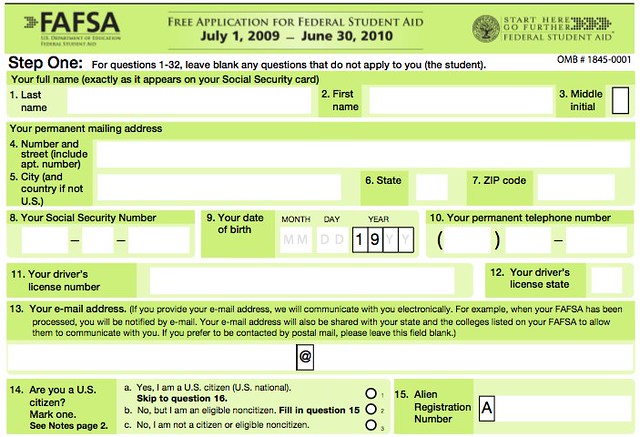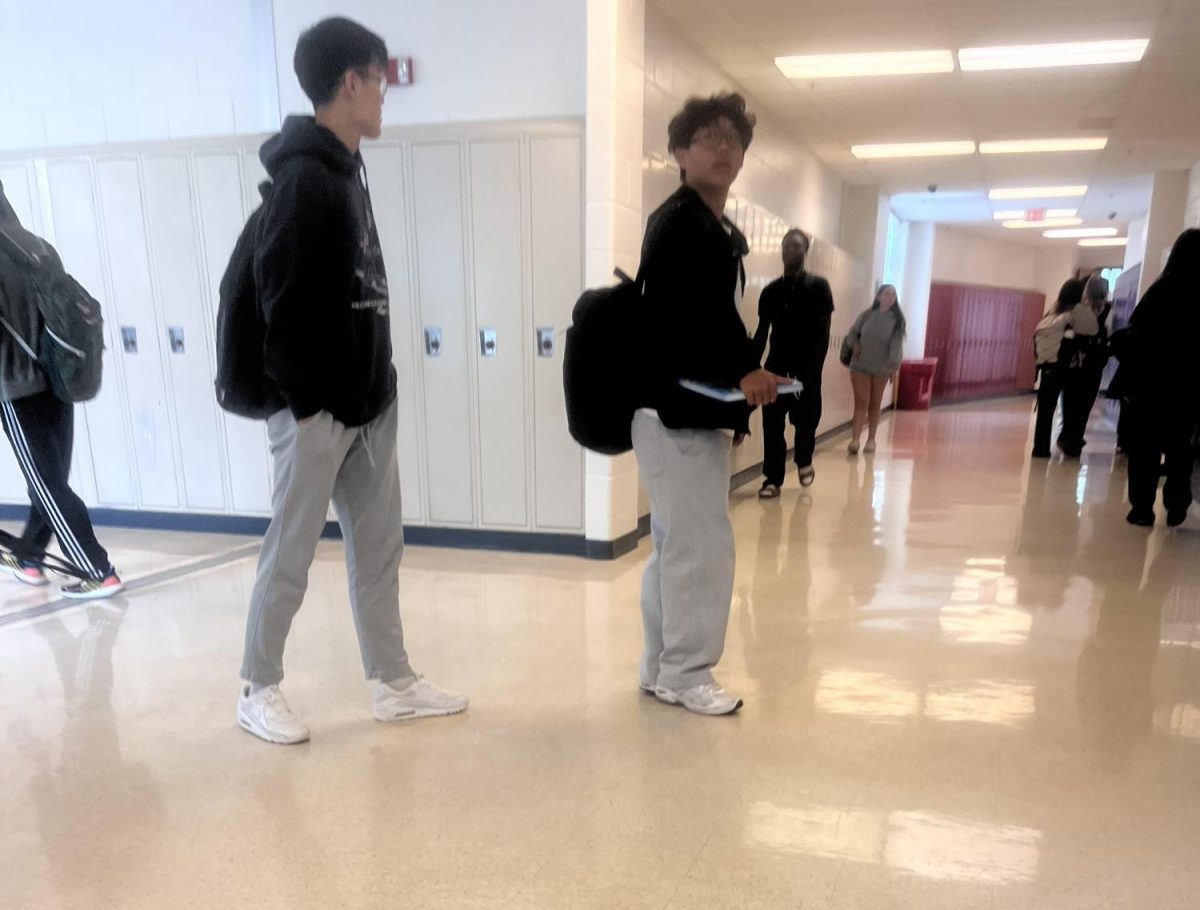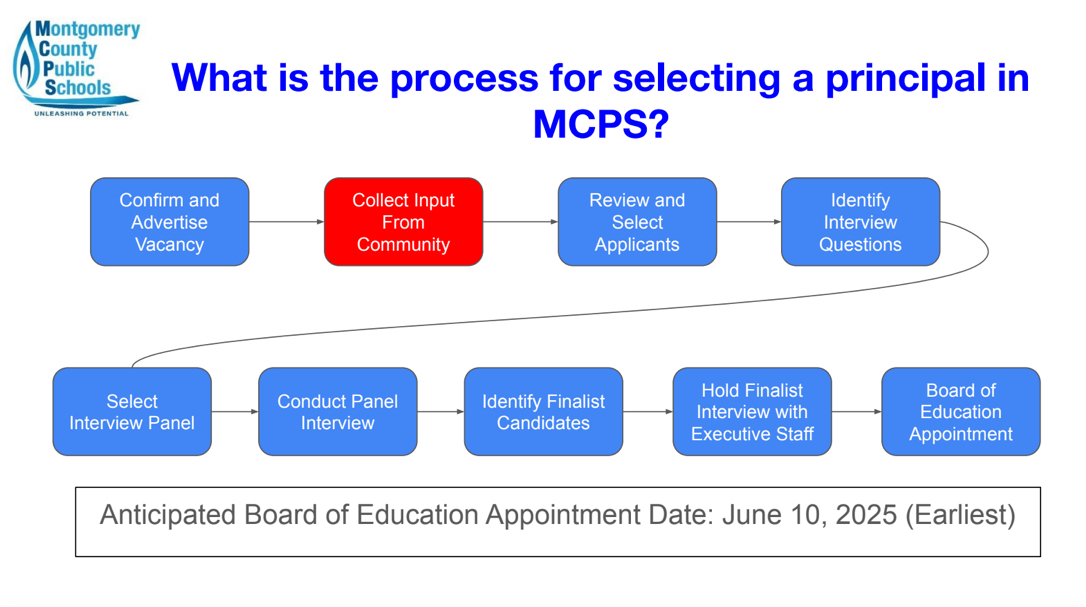Due to issues with the modified 2024-2025 FAFSA, universities have still not offered all eligible students financial aid awards, making it difficult for seniors relying on the assistance to commit to college by the May 1 deadline.
According to the United States Department of Education, FAFSA, which stands for the Free Application for Federal Student Aid, is a free application for federal student aid such as grants, work-study funds and loans. At the high school level, submitting the FAFSA form helps students pay for college or trade school. In addition, universities use FAFSA information to determine a student’s eligibility for their school financial aid. According to the Office of Federal Student Aid, FAFSA “[helps] make college education possible for more than 10 million students each year.”
The FAFSA form has historically been complicated, with 108 questions. In an effort to increase accessibility, the new FAFSA for the 2024-2025 school year was shortened to 36 questions, allows students to transfer their tax data directly from the IRS, includes new formulas to grant more aid to more and is available in the 11 most common languages in the United States, rather than only English and Spanish. It also allows students to send their financial information to up to 20 schools, while the old form only allowed a maximum of 10 schools.
The helpful modifications to FAFSA came with challenges. FAFSA is usually made available on Oct. 1, but because the Department of Education was still working on modifications, it was only made fully available to students on Jan. 8. This delayed launch resulted in universities receiving applicants’ financial information later than usual.
At the end of January, the Department of Education announced that it would make a last-minute adjustment to FAFSA to make $1.8 billion more in financial aid available to students. While it provides more access to financial assistance for students, this decision contributed to the processing delay.
Universities typically send out financial aid packages in March, and students are expected to commit to a school by May 1. However, universities only received financial information at the beginning of March, a month later than expected. As a result, schools have been unable to offer financial aid awards on the usual timeline. “Most high school seniors have yet to receive an aid offer,” CEO of the National College Attainment Network Kim Cook said.
To add to the situation, the Department of Education is not allowing any updates or changes to submitted FAFSA until the week of Apr. 15 due to problems with the application process. Thus, students who decided to apply to additional universities after submitting FAFSA cannot add them to the application and send them financial information. According to the Department of Education, over 16% of applicants need to correct their submitted forms.
Students have decided to commit to universities and pay the nonrefundable deposit without knowing their financial aid offer. “The situation with FAFSA has been awful because they haven’t been communicating well and people are struggling to commit to college without having the necessary funds, ” senior Divya Subramanian said.








